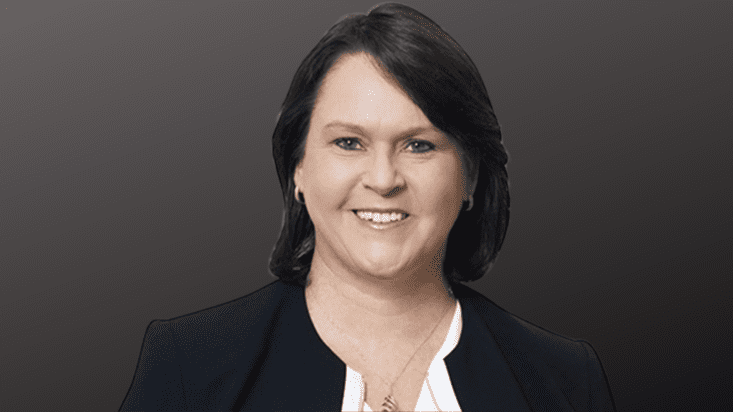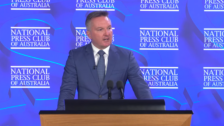‘No shortage of issues’ with overseas property investing for SMSFs: Deloitte
Self-managed super fund (SMSF) trustees and their advisers need to take a deep breath and think very carefully before investing overseas – especially in property.
That was the central message Deloitte partner and SMSF leader Liz Westover delivered in her concurrent session, titled Game on or game over: The pitfalls of SMSFs investing in overseas assets, at the 2024 SMSF Association National Conference in Brisbane.
Noting that overseas assets have never been a dominant feature of SMSF investment strategies – they comprised 2.5 per cent of net total SMSF assets of $873.4 billion at 31 December 2023 – the tenor of her address suggested there were sound reasons for this conservative approach as she listed the problems such investments can entail.
“I appreciate that diversification is the reason often given for investing overseas, and that’s a perfectly valid reason,” she said. “Some also assess there is a strong investment argument for a particular asset in a particular country, whether that’s based on their view of the equity or property markets, or even the currency markets.
“I also understand other SMSFs invest overseas via managed funds that aren’t included in the ATO statistics – a far less risky strategy compared with investing directly.
“But for those who want to orchestrate their own investment strategy then there is no shortage of issues to be addressed, whether that be investment risk, currency risk, sovereign risk, tax law, real estate law, or auditing complications. Trustees also must ensure the asset dovetails with their investment strategy.”
Westover said these risks were particularly evident with property investment – residential and commercial property are only a miniscule 3.2 per cent of total SMSF overseas assets of $21.6 billion at 31 December 2023. On the sidelines of the event, she explained to The Inside Adviser that equities were a far easier option for those seeking overseas diversification.
“Equity markets are far easier to negotiate than property markets. With the latter, there’s so much involved. When acquiring a property, can you trust the real estate agent? After all, they just want to make a sale. And blindly following the advice of family or friends about the laws in a particular jurisdiction can be the fastest way to come unstuck.
“Then there can be tenancy issues with different rules applying in different countries. For example, difficulties could arise getting rid of a troublesome tenant or a property could be seized if there are outstanding obligations. It not only varies from jurisdiction to jurisdiction but can even vary within a jurisdiction. SMSF trustees quickly discover these overseas markets (often Europe) are a long way away when it comes to managing a property, particularly when things go awry.”
There also tax and the legal requirements, she said, which may not be major hurdles but require understanding. For example, Australia has more than 40 tax treaties with other nations that investors need to aware of.
“Overriding this is sovereign risk, or the potential for an overseas government to change the rules around tax or even foreign ownership. In a worst-case scenario, your asset can be seized,” she continued.
“On the audit front, it’s going to happen in Australia. So, any records must be in English or translated into English. And that’s going to come at a cost. Auditors are also going to want proof of ownership and that’s there no charge over the asset. Is the investment at arm’s length? Is the valuation legitimate?
“These are all questions an auditor will want answers to, as well as documentary evidence to support them. If not, the accounts could be qualified and that can get trustees into a whole new territory that’s best avoided.”
Westover had two final points – get reputable advice and do your homework. “I cannot stress this enough. If you are going into a foreign jurisdiction to invest – especially in real estate – ensure you get professional advice. And take every possible step to personally understand what’s involved with the investment. Any overseas investment can never be fool proofed, but these steps will lessen the risks.”










